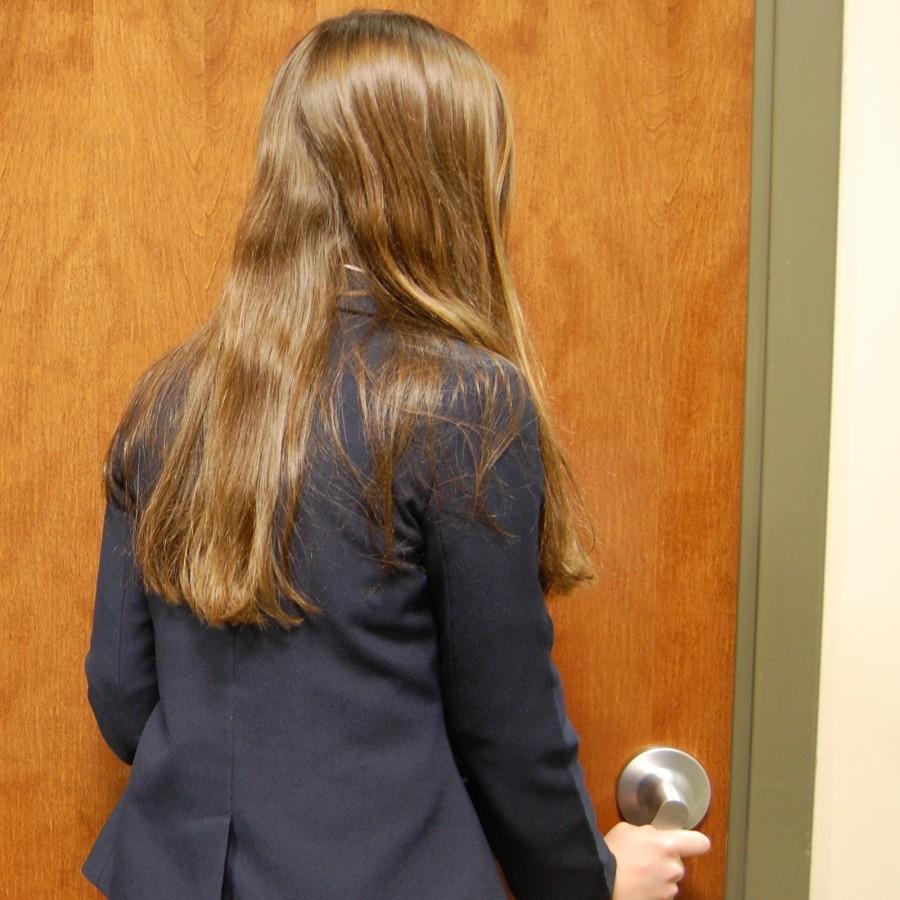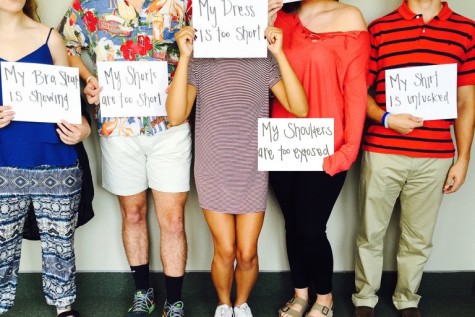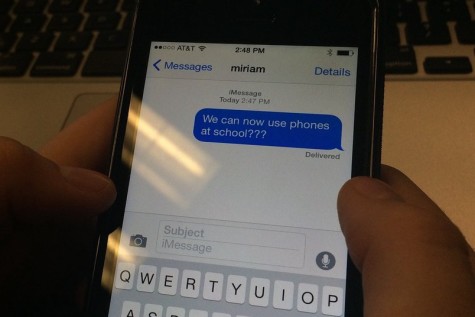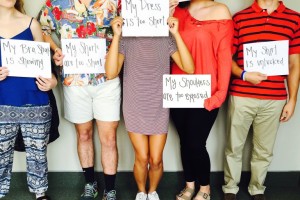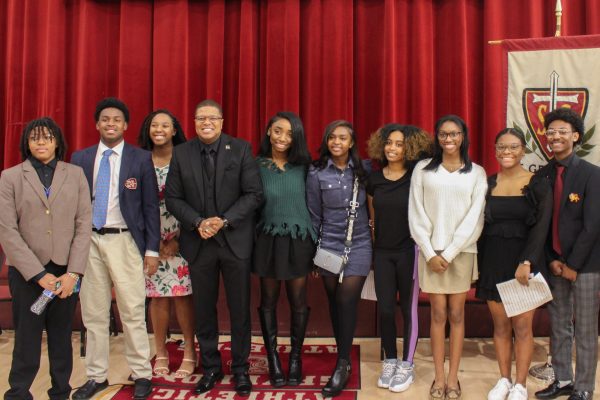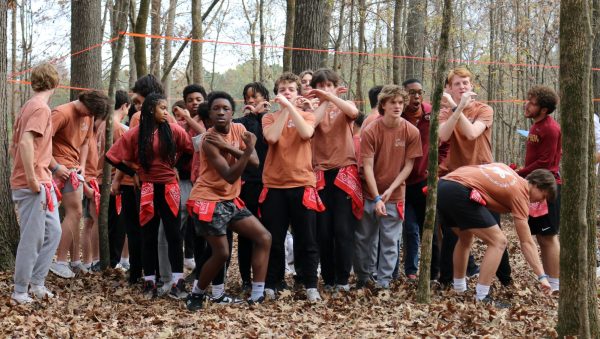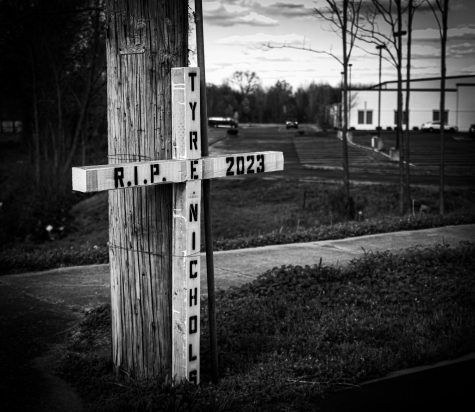Behind Closed Doors
Photo: Caroline Zummach
There is a secret group of students on campus. No one knows when they meet, where they meet or what they discuss. The results of their meetings are held so closely that no one who attends is allowed to speak of them outside of or after the meeting.
This group of students is the Honor Council, and while the names of its members are no secret, its inner workings are a mystery to many students.
Because all deliberations of the Honor Council are so secret, students are encouraged not to speak about their experience outside of the meetings. However, students were permitted to speak about their experiences for this article, so long as they remained anonymous.
One student, who we’ll call Jennifer to protect her identity, said that her experience going in front of the Honor Council was nerve-racking, but ultimately helped her understand the consequences of her actions.
“I know a lot of people on the Honor Council, and that made me even more nervous because some of these people are my friends,” Jennifer said. “Sitting there in front of them and explaining what I did wrong and having them tell me what I did was wrong was something that made me really nervous. It also made me understand why I was wrong in doing what I did.”
Perhaps the very idea that telling your peers and friends about your wrongdoings keeps you especially accountable is the reason that schools with Honor Councils and Honor Codes show signs of reduced cheating.
Research shows that 93 percent of students at affluent schools have cheated in some way, whether it be plagiarism, copying answers or using electronic devices to find answers. However, according to a study conducted by Mollie Galloway, an assistant professor of education and counseling at Lewis & Clark College in Oregon, fewer students attending colleges with Honor Codes were reported cheating than at colleges that did not have an Honor Code. In surveys conducted in the academic years 1991, 1996 and 2006, 13, 19 and 8 percent reported cheating at “code schools,” compared to 31, 32 and 14 percent at “no-code schools.”
When cheating or any other Honor Code violation happens at St. George’s, it sets in motion a process that may end in front of the Honor Council. The student who violated the Honor Code first meets with Mrs. Underwood to discuss what happened. If Upper School Director Mr. Tom Morris and Dean of Students Mrs. Kalyn Underwood agree that the situation warrants going to the Honor Council, the Honor Council takes over and meets with the student and an advocate that the student has chosen to speak on their behalf.
Mr. Timothy Gibson has frequently been chosen as a student advocate for the last five years.
“It’s challenging because you are seeing students at moments when they have made mistakes, and they are being held accountable, or they are being asked to explain why they would have done something that was inappropriate,” Mr. Gibson said. “But what I see most often is students really growing from those moments where they have difficult conversations.”
The Honor Council is given the facts of the situation, and then after listening to the student’s perspective, they recommend a minimum, medium and maximum course of action for Mrs. Underwood to take. Mrs. Underwood then discusses it with Mr. Morris, where they ultimately make the disciplinary decision.
“I think the aspect of going and having to own up to your peers makes you think. It’s not about embarrassment or shame, but it makes you second guess. It’s also helpful to me and Mr. Morris to have the student’s perspective,” Mrs. Underwood said. “They are in the midst of it, they’ve had those classes, they’ve had those teachers, they are in class with those kids, it’s really helpful to have their perspectives.”
Although the Honor Council is helpful in reducing cheating and informing disciplinary decisions, it is not easy work. Students on the Honor Council are not allowed to discuss anything about the situations they deal with with anyone, no matter what they hear people saying or who is asking them about it.
“The Honor Council does not take things lightly by any means. In the work that they do, they treat students with the utmost respect,” Mrs. Ayerst said. “It’s a very difficult thing because sometimes what is being said is not even close to the truth. The students that have been part of the Honor Council have done a fabulous job of supporting the culture and respecting the students.”
Additionally, it is difficult for Honor Council members to sit across from their peers and listen to them while they are talking about their mistakes.
“The hardest part of being on the Honor Council is seeing your friends and people that you interact with on a daily basis across from you,” Sutton Hewitt, Honor Council member and Prefect of Honor, said. “It’s really challenging. You have to train yourself not to be judgmental and see that it’s a learning experience and that they will benefit from this.”
Students who go to the Honor Council receive their punishment and move on from the experience without further judgement or reminders from their peers on the Honor Council, according to another student, who we will call Carol.
“No one has mentioned anything,” Carol said. “I don’t know how much they even talk about it with each other. I know they decide on the punishment together, and then after that it’s pretty much disbanded. They don’t really go back and reflect on it anymore, and they haven’t talked to me about it, I don’t think they’ve talked to the administration about it, and after the fact it’s just kinda done.”
Although the process is not brought up again by Honor Council members or administration, Carol said that the experience continues to impact her.
“When I first did what I did, I didn’t think it was that big of a deal, but after going through Honor
Council and going through my punishment, I understand why it was such a big deal and why I should never do it again,” Carol said. “It definitely opened my eyes to understand that your actions at St. George’s affect a lot of people, not just you.”
http://www.nytimes.com/2014/04/13/education/edlife/the-fading-honor-code.html
http://www.nytimes.com/2012/07/06/opinion/honor-code.html?_r=0
https://en.wikipedia.org/wiki/Academic_honor_code


